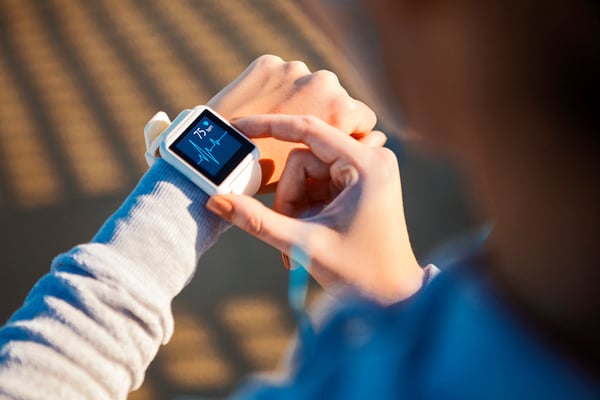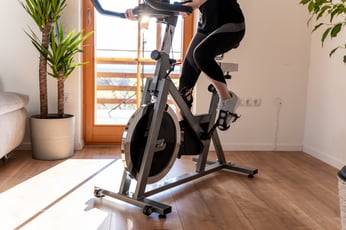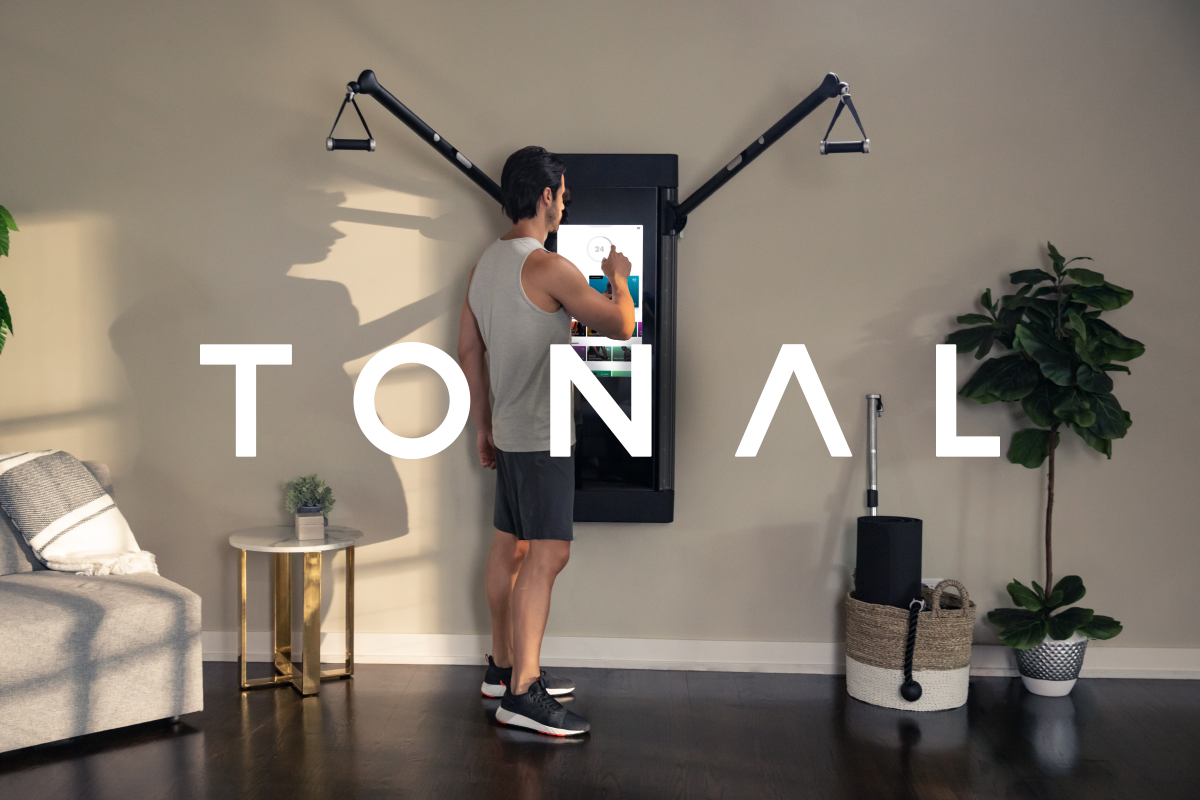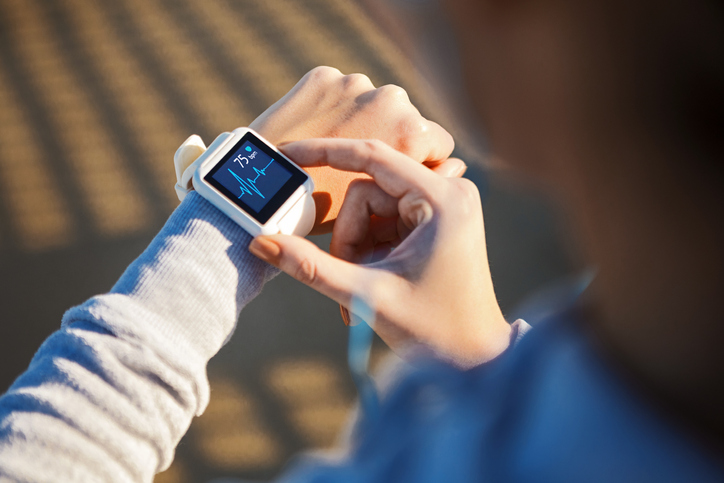Connected Fitness: A Great Alternative to the Gym for Autistic Teens and Adults
The Five Best Connected Fitness Activities for Autistic People
Connected fitness can be a great alternative to the gym for autistic teens and adults. The following tools and devices can provide high-quality effective at-home workout experiences to mitigate potential effects autistic teens and adults might face when attending a public gym.
Importance of Exercise for Autistic People and the Challenges of Going to a Gym
Research suggests the importance of exercise for autistic individuals, noting that physical activity can lead to numerous health and social development benefits such as the “development of manipulative skills, locomotor skills, skill-related fitness, social functioning, and muscular strength and endurance”. While physical fitness is important, the “gym scene” can present certain barriers for autistic teens and adults. For example, gyms are often crowded and loud, which can be overstimulating for autistic individuals. Gyms can be very social and competitive places, where people may constantly be watching each other. This can be particularly stressful, as some autistic individuals might find interacting with others difficult or anxiety-producing. Additionally, some autistic teens and adults may find the gym equipment uncomfortable or inaccessible because of sensory issues or gross motor skill challenges.

What Is Connected Fitness?
Connected fitness entails the tools (apps or equipment) that link together our fitness and digital lives. Connected fitness has expanded the idea of a gym and redefined in-home workouts. Digital devices, at-home equipment, and other connected fitness tools can provide an adaptive, tailored, engaging, and motivating workout experience. With the use of various apps, at-home equipment, and other tools, connected fitness provides a more accessible and potentially comfortable option for autistic teens and adults to stay physically fit.
There are so many connected fitness tools out there, but listed below are a few of the best and highest-rated products and resources that could be a great alternative to the gym for autistic teens and adults. While some of these connected fitness tools are more expensive, the tools listed below start with the least expensive options first, and there are some cheaper options mentioned within some of the more expensive tools so that you can get the most out of your fitness experience.
-
Smartphone Apps (e.g. Nike Training Club)
Smartphone apps can be great avenues for connected fitness tools and resources. One highly rated app is the Nike Training Club app. This app prides itself on being “made for everybody and every body”, and contains free workouts in various areas and at various difficulty levels. Some of the classes on the app include boxing, high-intensity training, and mobility. Many of the classes are bodyweight only, meaning they do not require equipment. This app is completely free, though it may have some in-app purchases. A subset of the Nike Training Club is the Nike Run Club, which focuses specifically on running. This app is great because it offers guided runs, or it allows you to run on your own while keeping track of your mileage, time, and path. For autistic teens and adults, these apps can allow for greater control and flexibility in the workout experience.
-
Smartwatches
Smartwatches have become extremely popular in recent years. Many smartwatches allow you to keep track of your fitness goals and make things like tracking your steps and monitoring your heart rate easy. The Apple Watch is a favorite for many because you can synchronize it with your phone. One of the users’ favorite components of the Apple Watch specifically is the reminder to stand and breathe. For teens and adults who may spend most of the day sitting at school or work, this reminder can provide a great “brain break” and support physical fitness! While Apple is just one form of a smartwatch, there are various other effective options, like Fitbit and Garmin.
-
Peloton
 The Peloton bike has taken the world by storm. While Peloton has both a bike and a treadmill, the bike is a preference for many as it was created to simulate a real outdoor cycling experience. Although the Peloton equipment is expensive, there is also the Peloton app which can be used for an additional monthly price of $12.99. For example, I do not have the Peloton bike, but I pay monthly to use the app and work out at home. The app has a host of exercise videos stemming anywhere from yoga and meditation to walking and strength. The app is easy to navigate, allowing you to add filters to choose your classes based on difficulty, class type, length, or even whether they have subtitles. Finally, many of the workout videos on the app do not require equipment; the only thing you would need is a mat, a towel, and water!
The Peloton bike has taken the world by storm. While Peloton has both a bike and a treadmill, the bike is a preference for many as it was created to simulate a real outdoor cycling experience. Although the Peloton equipment is expensive, there is also the Peloton app which can be used for an additional monthly price of $12.99. For example, I do not have the Peloton bike, but I pay monthly to use the app and work out at home. The app has a host of exercise videos stemming anywhere from yoga and meditation to walking and strength. The app is easy to navigate, allowing you to add filters to choose your classes based on difficulty, class type, length, or even whether they have subtitles. Finally, many of the workout videos on the app do not require equipment; the only thing you would need is a mat, a towel, and water!
-
Mirror
Mirror is an actual full-length mirror-turned LCD screen. Mirror brings personal trainers and instructors into your home with life and on-demand fitness classes. Mirror is especially unique because it allows you to ensure that your form is correct with the help of the on-screen instructor. Like Peloton, Mirror has an app that does require an additional monthly membership, but the classes fall into different categories like yoga and cardio. The fitness classes also range in level and length. The Mirror personal training system also includes a Bluetooth heart-rate monitor and six fitness bands.
-
Tonal
 Though it is expensive, Tonal is truly comparable to a full gym experience within your home in one machine. The Tonal machine is a resistive weight machine and is adaptive, using artificial intelligence to not only track your weight and repetition but also help you progress. Tonal also has an additional app that you can purchase to get the full range of on-demand strength training workouts.
Though it is expensive, Tonal is truly comparable to a full gym experience within your home in one machine. The Tonal machine is a resistive weight machine and is adaptive, using artificial intelligence to not only track your weight and repetition but also help you progress. Tonal also has an additional app that you can purchase to get the full range of on-demand strength training workouts.
While these are just a few connected fitness resources, they could be a great starting point for autistic teens and adults who are looking for a better, more accessible physical fitness experience.

Madeline Burroughs
Madeline Burroughs is a Specially Designed Instructional Coach at two high schools in Fulton County Schools in Atlanta, GA. In this role, she works to coach special education teachers in providing systematic, specially designed instruction that effectively targets students’ strengths and needs. Madeline received her Master’s degree in Education Policy and Management from Harvard Graduate School of Education in May 2019, and hopes to continue to serve as an advocate for all students with disabilities throughout her career.




